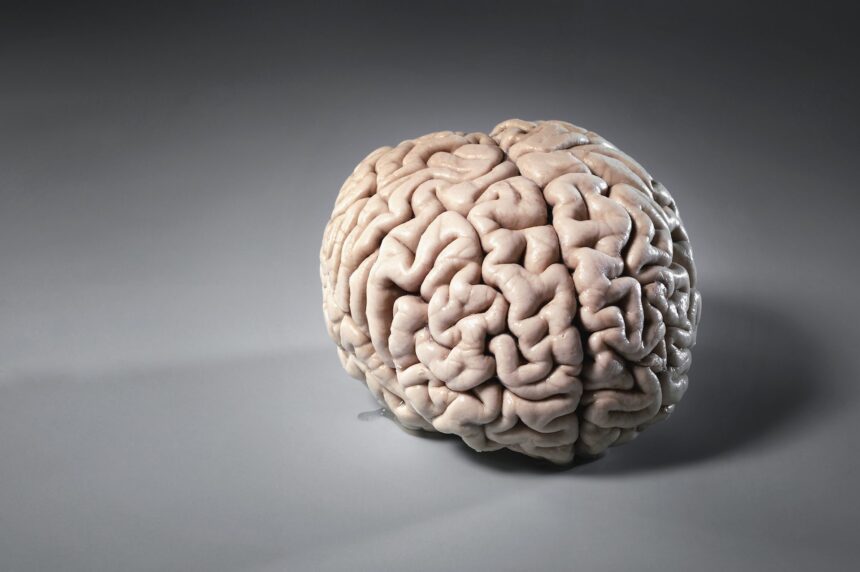More than 4,000 genetic variants are linked to brain structure, as determined by the largest study ever conducted on the genetics of the brain, which included approximately 36,000 brain scans.
The results of the study conducted by Cambridge University researchers are published in Nature Genetics.
Our brains are extremely complex organs, with a great deal of variation between individuals in terms of volume, folding, and thickness of folds. Little is known about how our genetic makeup influences brain development.
To answer this question, a team led by the Autism Research Center at the University of Cambridge accessed MRI scans of more than 32,000 adults from the UK Biobank cohort and more than 4,000 children from the ABCD study in the United States. From these scans, the researchers measured several properties of the cortex, the outermost layer of the brain. These measurements included the area and volume of the cortex as well as its folding structure.
They then linked these properties, which were measured across the entire cortex and in 180 distinct regions, to genetic information throughout the genome. The group discovered more than 4,000 genetic variants associated with brain structure.
These findings have enabled researchers to confirm and, in some cases, identify the genetic connections between various brain properties.
This research was conducted in collaboration with the NIHR Cambridge Biomedical Research Center and the NIHR Cambridgeshire and Peterborough NHS Foundation Trust CLAHRC.


